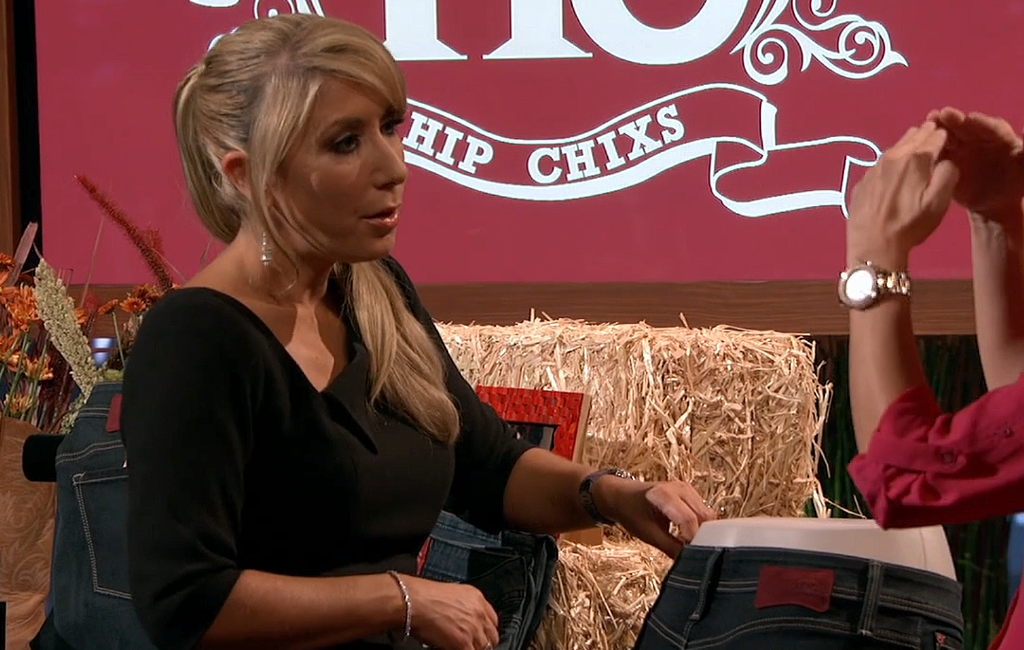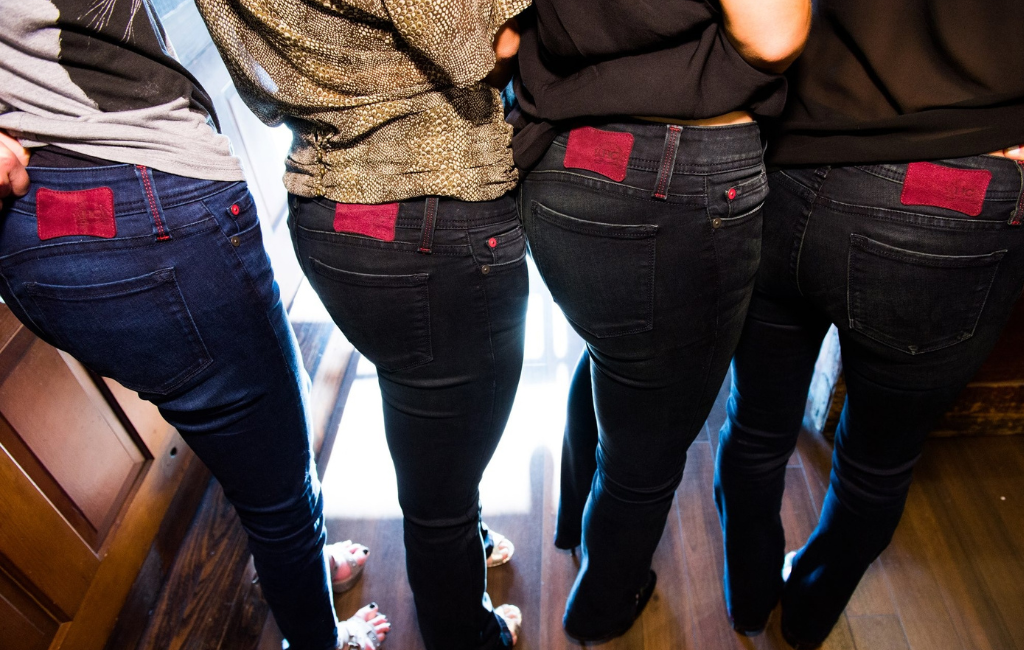Hip Chixs Jeans

NO DEAL
EPISODE SUMMARY
🕓 Air Date: February 22, 2013
Asking For:
$150,000 for 35%
Investor:
No Deal
Deal:
No Deal
PRODUCT SUMMARY
Hip Chixs offers a premium denim line designed to enhance women's natural body shapes while providing comfort and style.
WATCH HERE
IN A RUSH?
Click these to jump to the section you want to read.
Background Story
Megan Jackson Carreker and Aimee Miller, both Texas natives and former sorority sisters at Baylor University, shared a passion for denim and noticed a gap in the market for premium jeans that perfectly fit every occasion. Their background in fashion and business, combined with their personal love for denim, inspired them to create Hip Chixs. After two years of extensive research and consulting with boutiques, they launched their denim line, focusing on creating the perfect fit for women of all shapes and sizes.

The Product
Hip Chixs jeans feature innovative design elements such as angled pockets and a curved yoke to enhance the appearance of the wearer’s backside while eliminating muffin tops. The specialized waistband prevents the jeans from riding down, ensuring a comfortable fit even during movement.
Made from forgiving, slimming fabric, Hip Chixs jeans offer both style and comfort. The product line initially consisted of two styles, retailing for $187 each. They sell to boutiques for $80, with a production cost of $68 per pair.
Despite the premium price point, their jeans proved popular, with $12,000 in sales within the first year, selling 300 pairs. Hip Chixs aims to expand its product line and distribution channels to drive sales and revenue growth.

How It Went
The company’s position before Shark Tank
Hip Chixs had promising initial sales of $12,000 within the first year, despite limited marketing expenditure. They positioned themselves in the premium denim market, selling their jeans at $187 per pair to achieve a healthy profit margin. However, their current sales volume and revenue were not sufficient to support the scalability of the business. With aspirations to grow nationally, they sought a $150,000 investment to expand their product line and increase marketing efforts.

Although they had identified boutiques as their primary distribution channel, they recognized the need to invest in building a sales force and expanding their product offerings. The founders were transparent about their current challenges, including the need to improve profit margins and increase sales volume to achieve sustainable growth. While they had achieved modest success with their initial product, they acknowledged the competitive nature of the denim market and the importance of differentiation and brand positioning.
The Negotiations:
Despite the Sharks’ interest in the product and the founders’ passion, none of the Sharks made an offer. Kevin criticized their business model, pointing out the low-profit margins and suggesting that they needed a larger investment to succeed in the competitive denim market. Mark suggested exploring alternative business ideas with higher chances of success, while Daymond emphasized the importance of building a loyal customer base willing to pay a premium for quality products.

Lori expressed concern about the founders’ probability of success in the denim market and encouraged them to pursue opportunities with higher potential for growth. Ultimately, the founders left the tank without a deal but remained optimistic about their product and determined to continue pursuing their entrepreneurial dreams.








